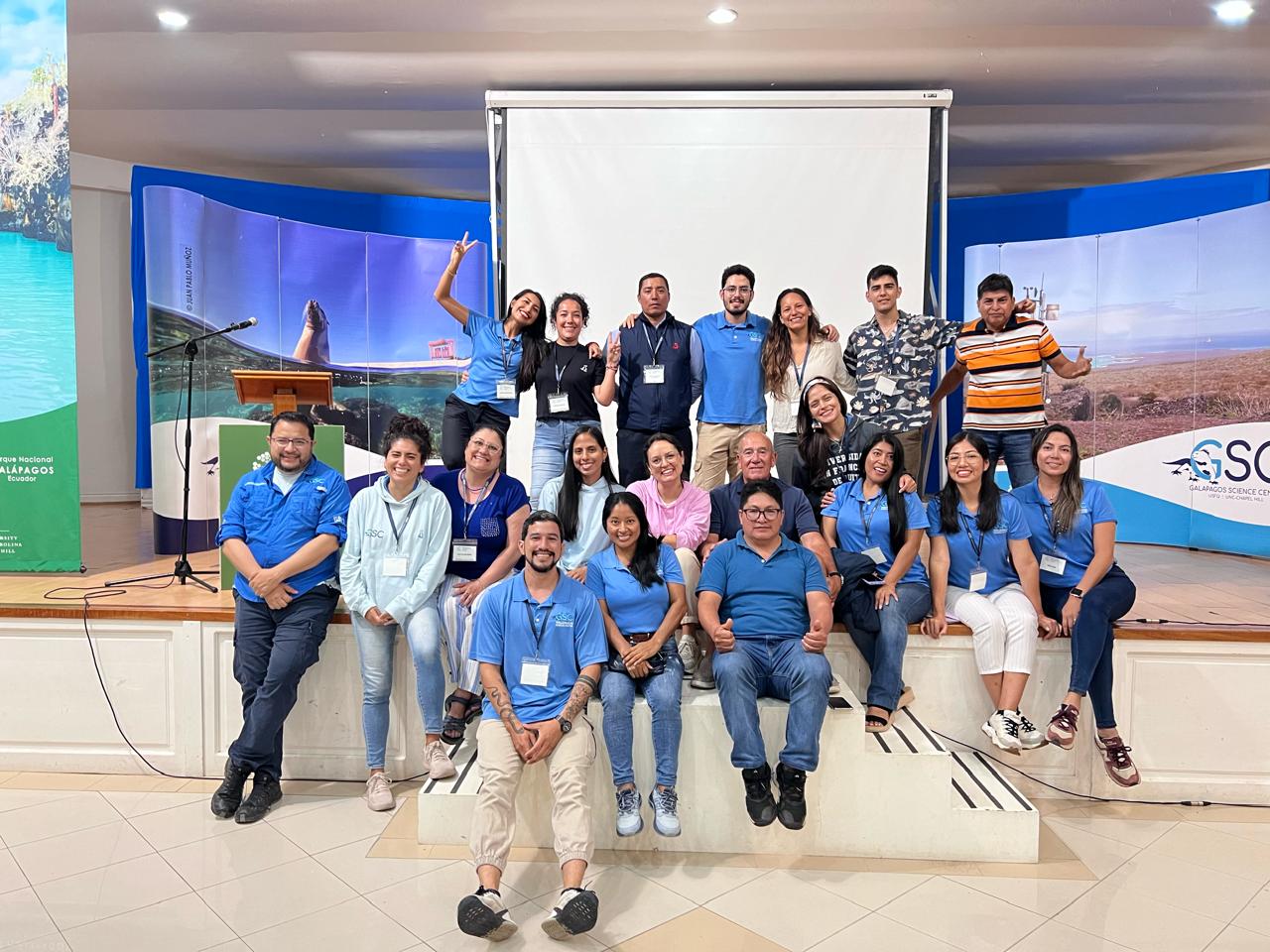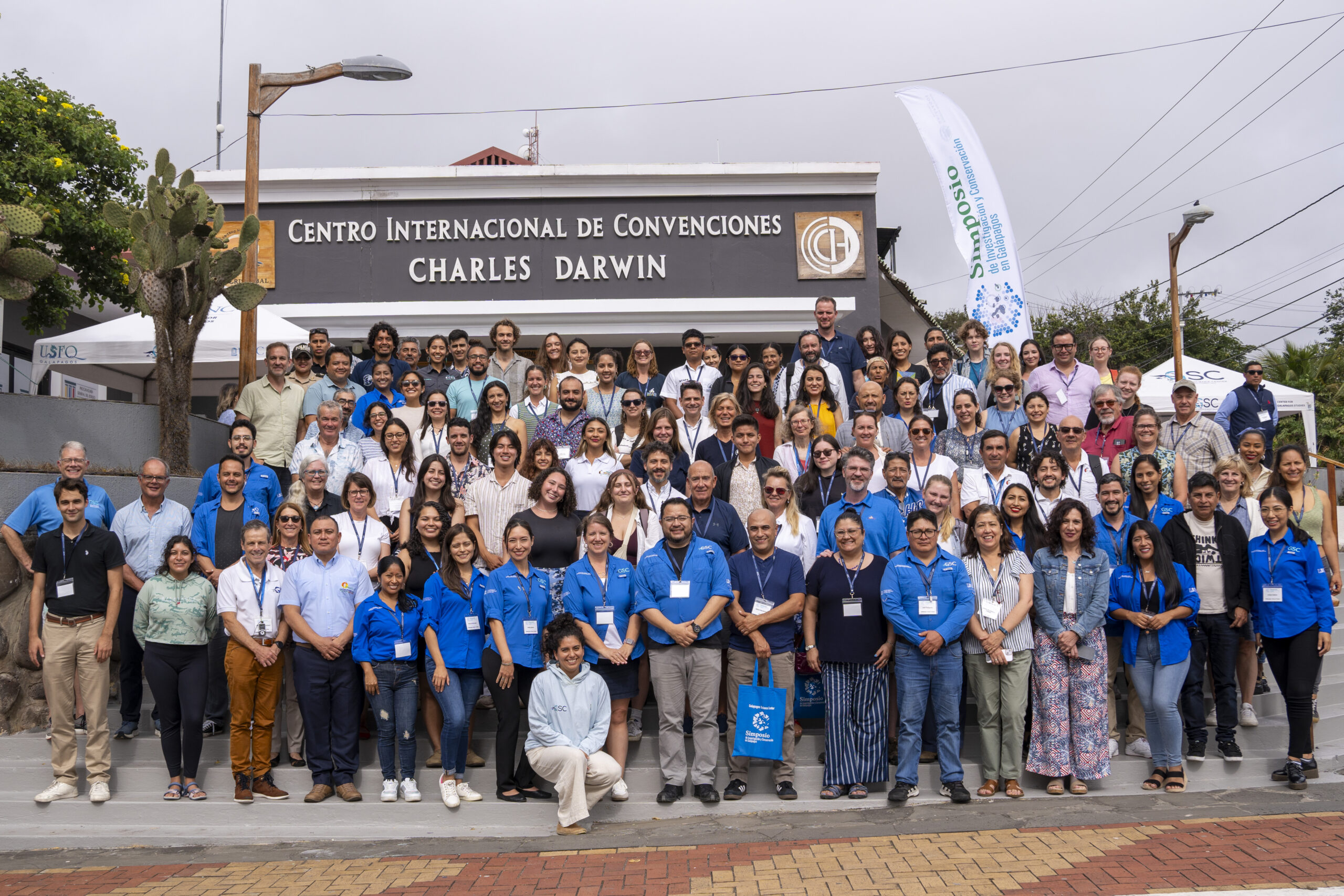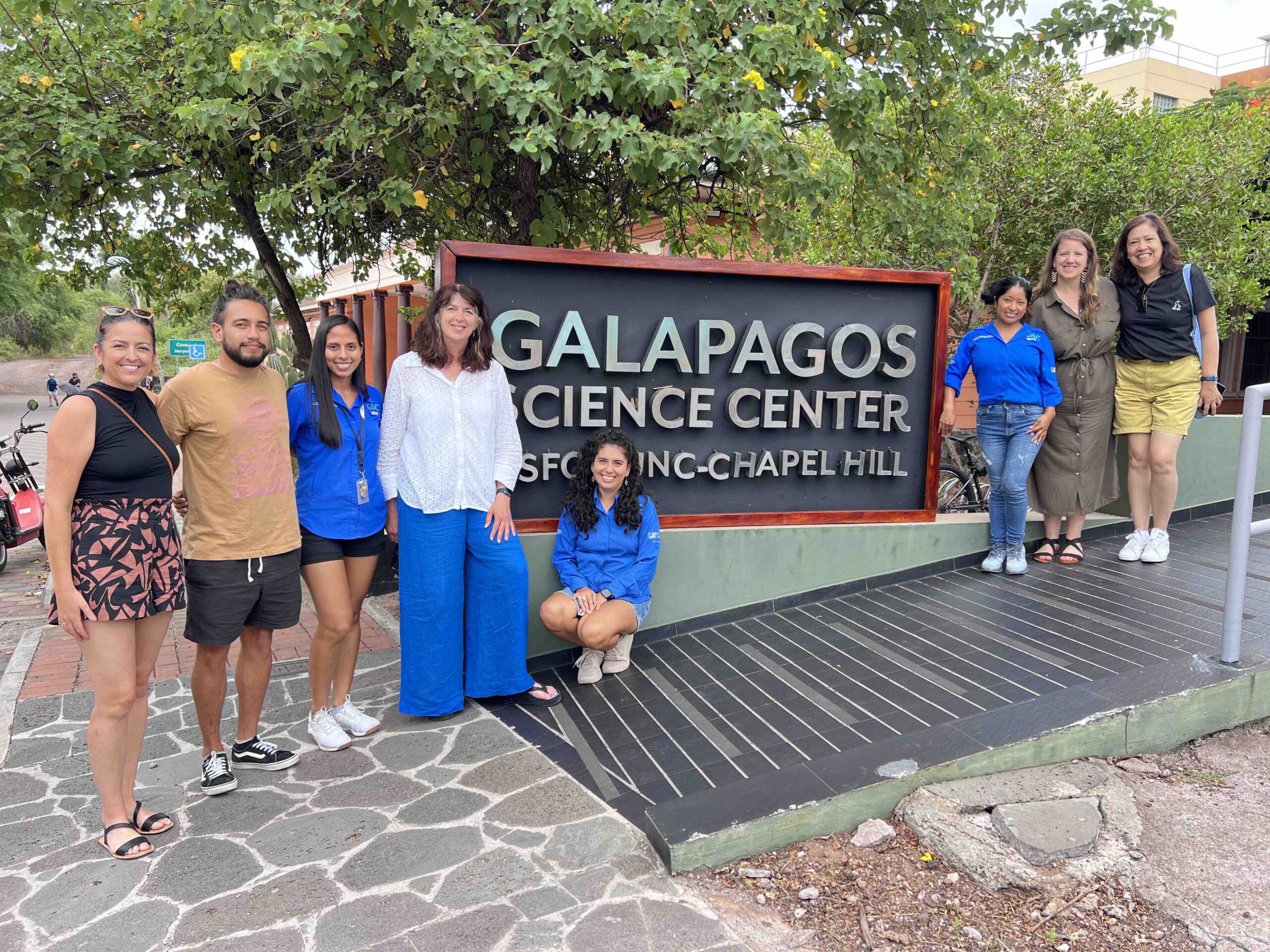Published in Pub Med | July 27, 2022
Abstract
For decades, multiple anthropogenic stressors have threatened the Galápagos Islands. Widespread marine pollution such as oil spillage, persistent organic pollutants, metals and ocean plastic pollution has been linked to concerning changes in the ecophysiology and health of Galápagos species. Simultaneously, illegal, unreported, and unregulated fishing are reshaping the composition and structure of endemic and native Galápagos pelagic communities. In this novel review, we discuss the impact of anthropogenic pollutants and their associated ecotoxicological implications on Galápagos species in the face of climate change stressors. We stress the importance of considering fishing pressure and marine pollution, in combination with climate change impacts, when assessing the evolutionary fitness of species inhabiting the Galápagos.
Read the article in the link: bit.ly/3TfaTh5






